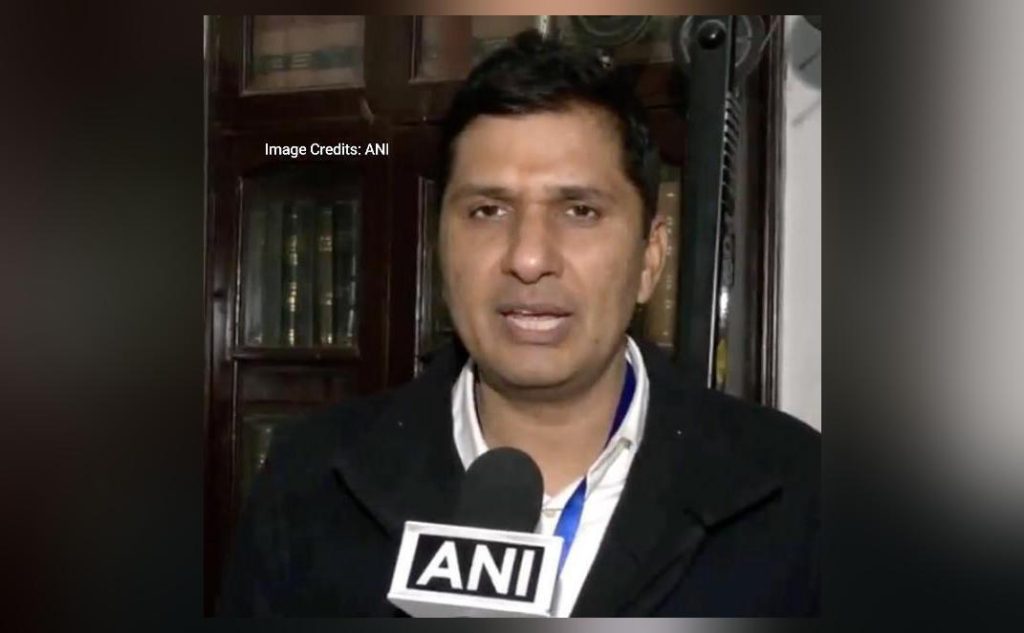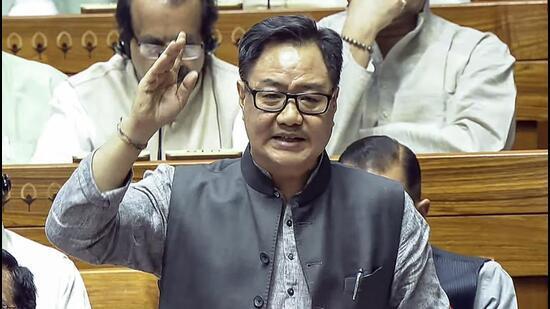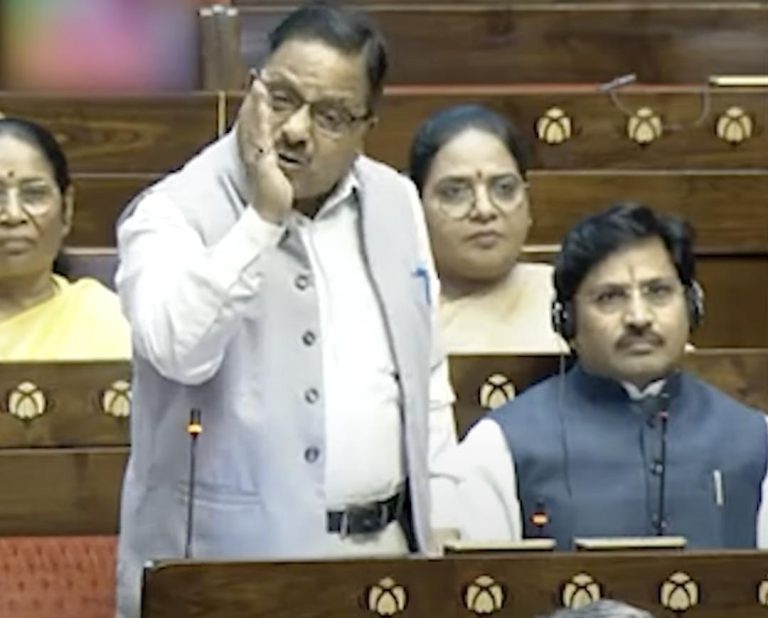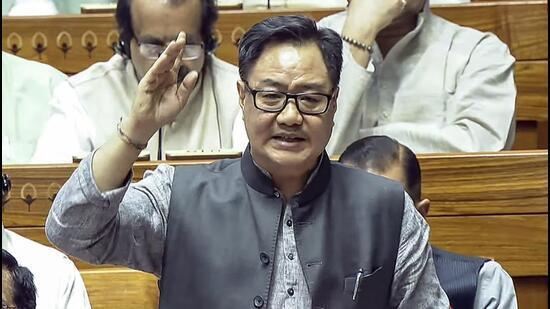
2013, 2015 Exit Polls Had Shown That We Would be Defeated: AAP
The Delhi Assembly elections have concluded, and as the results start pouring in, the Aam Aadmi Party (AAP) is reeling under the weight of exit polls predicting a majority for the Bharatiya Janata Party (BJP). In an interview, Saurabh Bharadwaj, AAP candidate from Greater Kailash seat, shared his thoughts on the exit polls and the party’s performance.
When asked about the exit polls predicting a BJP victory, Bharadwaj said, “2013, 2015 exit polls had shown that we would be defeated. I feel that exit polls have always shown that AAP would be getting fewer votes.”
It is noteworthy that AAP formed the government in Delhi in both 2013 and 2015, despite the exit polls predicting a different outcome. In 2013, AAP won 28 seats, while the Congress won 8 seats, and the BJP won 3 seats. In 2015, AAP won 67 seats, while the BJP won 3 seats, and the Congress won 0 seats.
Bharadwaj’s statement raises questions about the accuracy of exit polls, which are often used to predict the outcome of elections. While exit polls can provide valuable insights into the voting patterns and preferences of voters, they are not always accurate.
In 2014, exit polls had predicted a sweep for the Congress in the Lok Sabha elections, but the BJP ended up winning a majority. Similarly, in 2019, exit polls had predicted a hung Parliament, but the BJP won a majority.
AAP’s experience in Delhi elections is a case in point. Despite exit polls predicting a defeat for the party in 2013 and 2015, AAP won the elections and formed the government. This raises questions about the reliability of exit polls and whether they should be taken at face value.
There are several reasons why exit polls may not always accurately predict the outcome of elections. One reason is that they are based on a sample of voters, which may not be representative of the entire electorate. Another reason is that voters may change their minds or vote differently than they intended to, which can affect the accuracy of the exit poll results.
Moreover, exit polls are often conducted by private companies that may have their own biases and agendas. These biases can influence the way the poll is conducted and the results that are reported.
In the context of the Delhi Assembly elections, AAP’s experience shows that exit polls should not be taken as the sole indicator of the outcome of an election. The party’s success in 2013 and 2015 despite exit polls predicting a defeat highlights the importance of actual voting results over exit polls.
As the results of the Delhi Assembly elections become clearer, it remains to be seen whether the exit polls will ultimately prove accurate. However, the experience of AAP in previous elections serves as a reminder that exit polls should be treated with caution and not taken as the sole indicator of the outcome of an election.






